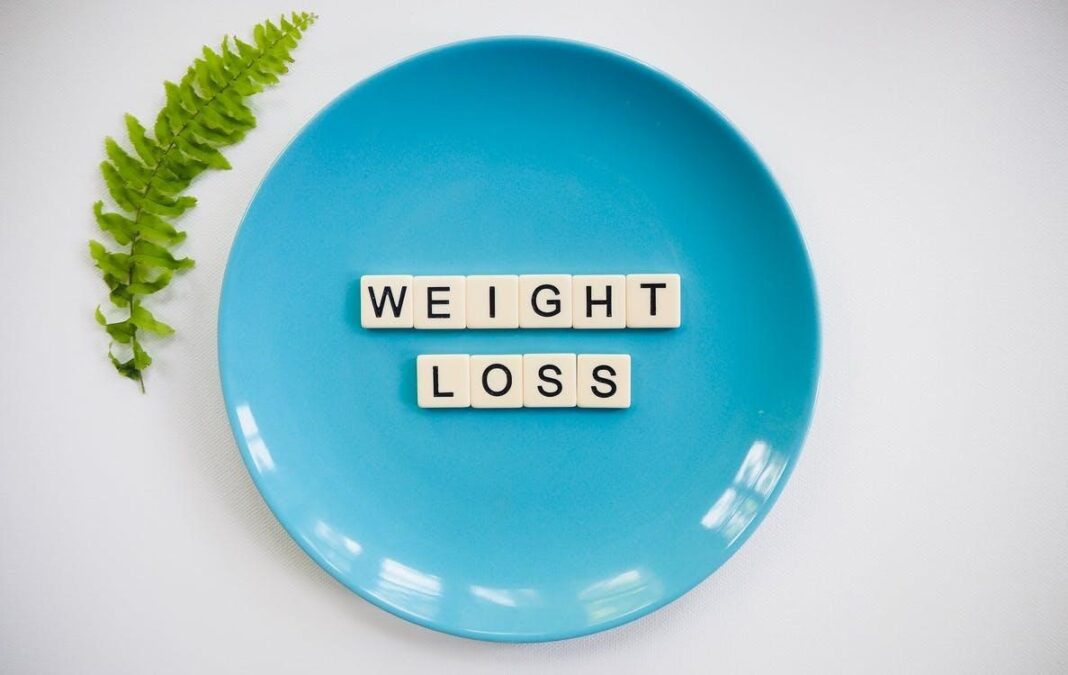In a 2016 study, scientists reported that CBD affected the way fats in the body interact with each other. They found that the body responded by breaking down fat more quickly. This process may benefit health in a variety of ways. For instance, it can inhibit the production of white fat, which is associated with increased risk of chronic conditions. The body can also turn white fat into brown fat cells, which stimulate metabolism and burn calories.
Interested in growing your own cannabis at home? Visit Homegrown Cannabis Co. is a top choice for serious growers. This company offers a variety of marijuana seeds, including CBD cannabis seeds and feminized varieties.
Table of Contents
Reduces Appetite
There are many ways to curb your appetite, but the National Institute of Health recommends mind-body techniques, including eating foods that are high in protein and fiber. Eating lean meats, fish, nuts, and cheese can satisfy your hunger and reduce your intake of fat and calories. High-fiber foods can also help you feel full longer, including fruits and whole grains. Eggs are also high in protein and fat, which may reduce your appetite.
Many of the top appetite suppressants have metabolism-boosting properties. They increase your body's production of glucagon-like peptide-1, the hormone that helps you feel full. These compounds suppress your appetite and promote weight loss. Many appetite suppressants also boost your energy levels, so you won't feel hungry for long. Many of these pills contain key ingredients to stimulate the breakdown of fat deposits and release energy.
Stimulates Metabolism
A new study suggests that CBD can help you lose weight by increasing your body's rate of fat breakdown. It does this by indirectly activating CB2 receptors on fat white cells. These fat cells change into brown ones and increase the process of lipolysis, a metabolic process that breaks down fats. Brown fat cells also produce heat, which burns calories. This increased metabolic rate releases free fatty acids.
Researchers found that cannabis-derived CBD and THCV can improve metabolic dysfunction. They showed that these two cannabinoids lower triglycerides in the liver, improve insulin resistance, and reduce blood pressure. These results were likely attributed to CBD's anti-inflammatory properties. This is important because these compounds will increase the rate of fat burning in the body. However, they do not cause the psychoactive effects associated with cannabis.
Blocks CB1 Receptors
Research suggests that CBD can reduce weight by suppressing your appetite and affecting the breakdown of fats in the body. Researchers have shown that over-stimulation of CB1 receptors contributes to metabolic symptoms such as obesity, hypertension, and type 2 diabetes. However, it's unclear whether CBD helps fight obesity in humans. Some of the recent studies that have looked at the effects of CBD in humans are promising, including a 2017 review of animal studies.
One study showed that CBD blocked UCP1 expression in the brain, which impedes the process of browning. Other studies have shown that the treatment of obesity by blocking CB1 receptors increases energy expenditure and satiation, reducing the intake of food. The researchers also found that blocking CB1 receptors reduced appetite and increased lipid droplet formation. Thus, the potential of CBD in weight loss has been demonstrated.
Reduces Inflammation
A diet that reduces inflammation is good for you overall. The key is to avoid foods that irritate the body. For example, foods in the nightshade family, such as tomatoes, eggplants, potatoes, and peppers, may trigger an inflammatory flare-up. To avoid these foods, focus on eating whole, minimally processed foods. Alternatively, you can opt for foods made with natural anti-inflammatory compounds, like garlic, ginger, and turmeric.
Using a food sensitivity test may also be helpful. By testing your gut, your doctor can determine which foods cause inflammation. Then, the diet can be tailored to your specific needs. You can start by reducing certain foods gradually. Once you've eliminated certain foods, you should also monitor your symptoms and your body's response to it. If you see a noticeable improvement in your symptoms, you should consider modifying your diet.
Reduces Binge Eating
If you're trying to lose weight, reducing binge eating is a key goal. There are many reasons why people binge eat, from psychological reasons based on our relationship with food, to physiological issues – the body may not be receiving the nutrients it needs or may even be dehydrated. Luckily, there are many ways to curb binge eating and make it easier to stay on track.
One way to help curb your cravings is by incorporating more fiber into your diet. Fiber is important for the digestive tract because it moves slowly and helps you feel full longer. Additionally, it can help lower your blood sugar and cholesterol levels, which are both linked to binge eating. Eating foods high in fiber also helps prevent binge eating by increasing the amount of GLP-1 in the blood. And, of course, increasing your physical activity is always a great way to avoid binge eating!


